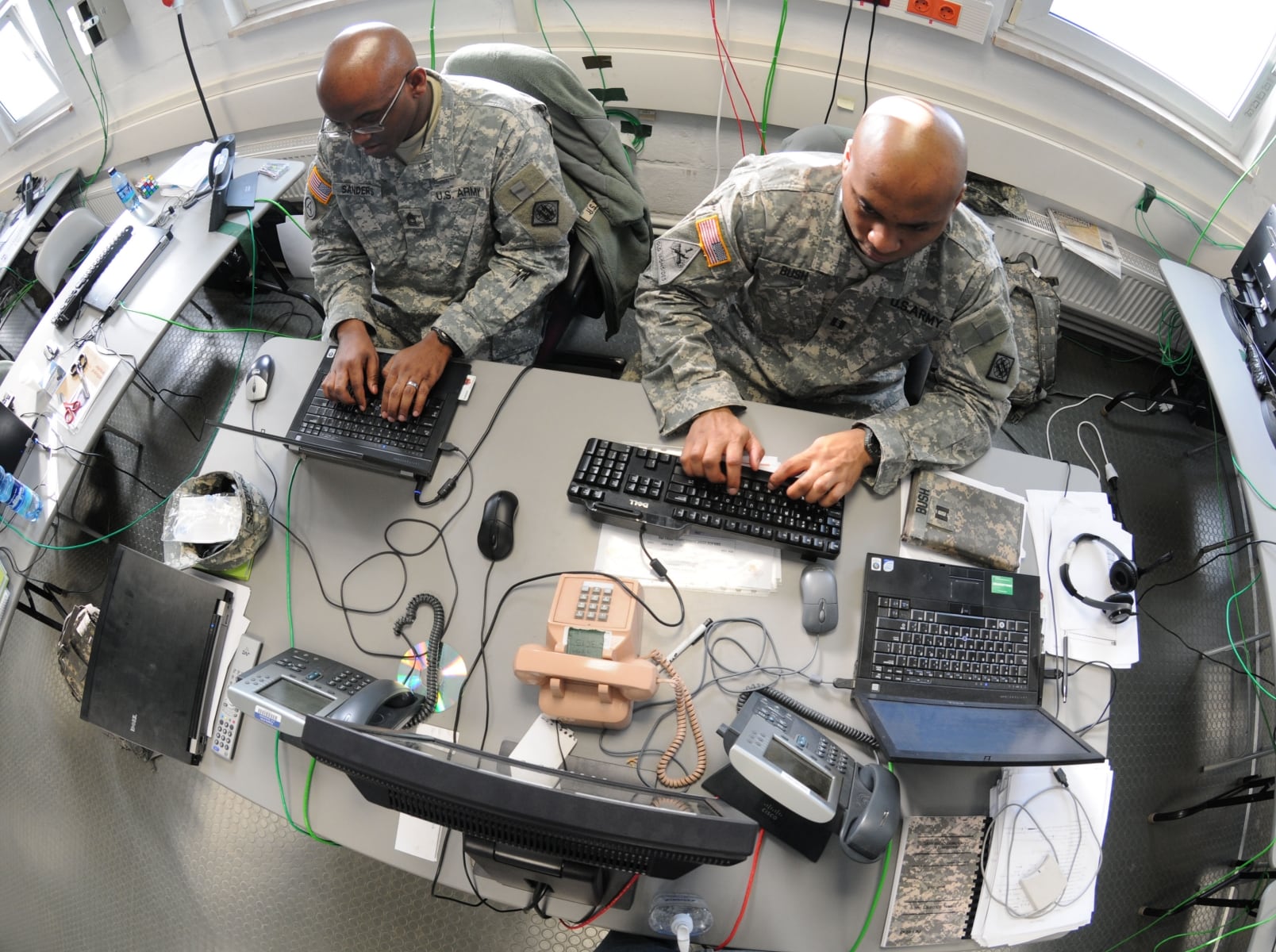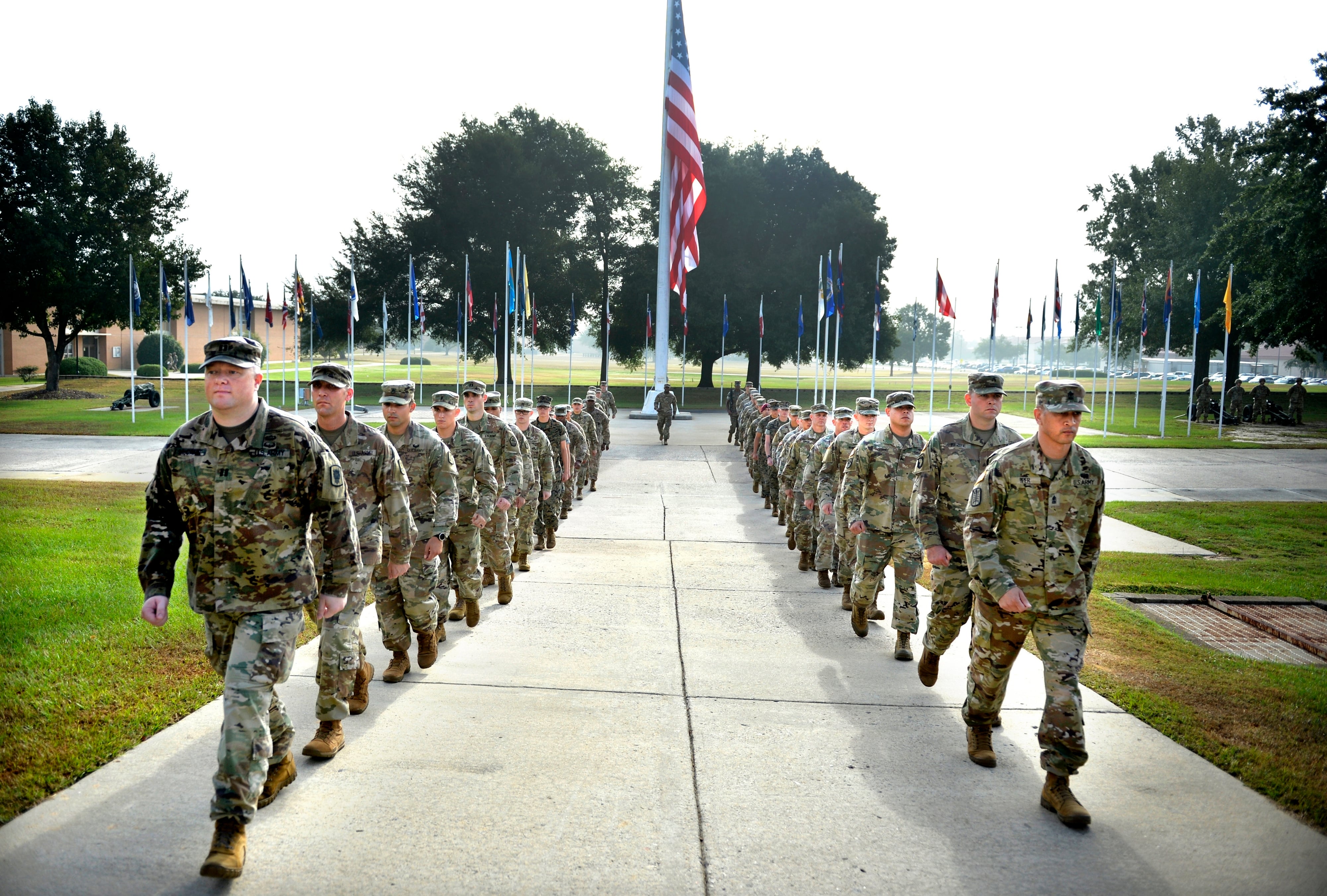The National Guard will activate 13 new cyber units across 23 states as part of ongoing efforts to grow its cyber force.
The units are scheduled to be stood up by the end of fiscal year 2019, according to information from the Guard.
"Our goal for cyber defense is to train, equip and provide highly skilled forces responsive to the needs of the nation," Army Gen. Frank Grass, chief of the National Guard Bureau, said in a statement. "Working with the Army and Air Force, our cyber squadrons and teams will provide trained and ready soldiers and airmen to support requirements established by the services and U.S. Cyber Command."
Seven new Army Guard Cyber Protection Teams will be activated across Alabama, Arkansas, Colorado, Illinois, Kentucky, Louisiana, Minnesota, Mississippi, Missouri, Nebraska, New Jersey, New York, North Dakota, South Dakota, Tennessee, Texas, Utah and Wisconsin.
They will join four previously announced teams in California, Georgia, Indiana, Maryland, Michigan and Ohio.
The Air Guard, in partnership with the Air Force, will activate four new Cyber Operations Squadrons in Idaho, Michigan, Texas and Virginia.
In addition, a cyber information surveillance reconnaissance squadron will be stood up with California, and a cyber ISR group will be stood up in Massachusetts.
These latest additions are part of the Guard's efforts to lay the foundation for future cyber forces.
"This is the beginning," Air Force Col. Kelly Hughes, chief of the Space and Cyber Warfare Operations Division at the Air National Guard Readiness Center, said in a statement. "This is a massive amount of force structure the Guard has laid into this mission, but this is just the first layer."
By putting these new cyber units in the states listed above, the Guard will position cyber protection units in each of the 10 Federal Emergency Management Agency response regions.
"The focus is to get that presence in as many states as possible and especially making sure we have all the FEMA regions covered," Hughes said.
This gives the states an additional asset, if needed, when it comes to large-scale emergencies and disasters at home.





